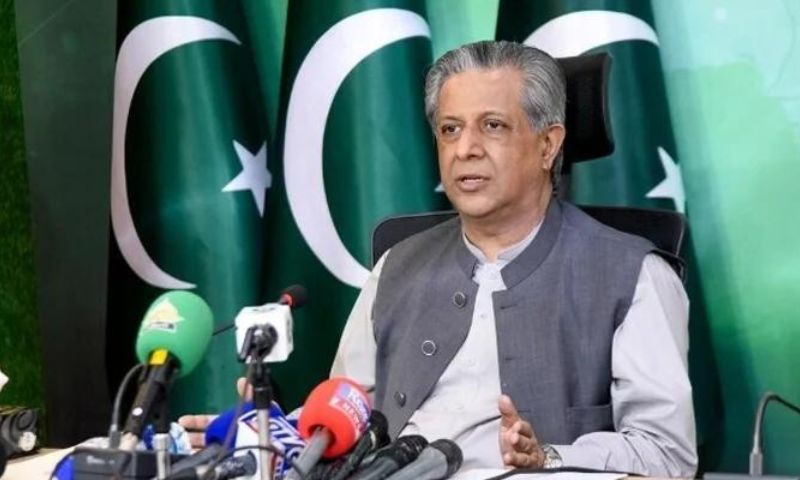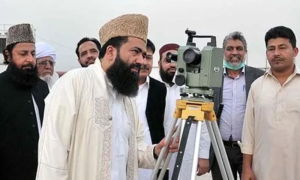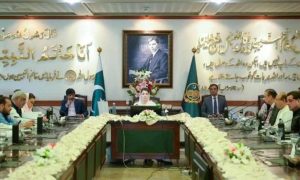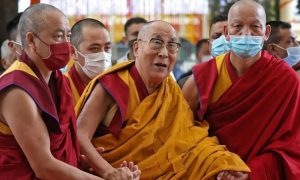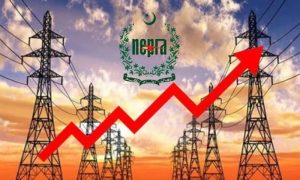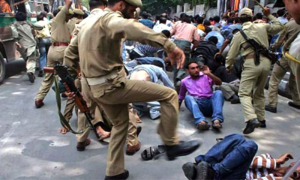ISLAMABAD: Pakistan’s Law Minister Azam Nazeer Tarar said on Tuesday that former Prime Minister Imran Khan’s legal issues were an “internal matter.”
He was responding to a UN human rights working group’s report that deemed Imran Khan’s detention arbitrary and a violation of international law.
“The PTI founder enjoys all rights under Pakistan’s constitution, laws, and international standards,” Tarar stated in a released statement.
The UN Working Group, based in Geneva, stated on Monday that the appropriate action would be to release Imran Khan and provide him with a legally enforceable right to compensation and other reparations, in accordance with international law.
Imran Khan, who was removed as prime minister, has been in detention since last August on charges ranging from corruption to terrorism. Despite being convicted in some cases before this year’s national election, he continues to face numerous ongoing legal battles that his party describes as politically motivated.
Tarar clarified that Imran Khan remains incarcerated as a convicted individual, with the country’s courts independently upholding constitutional and legal mandates.
Highlighting the transparency of the judicial system, Tarar noted that Imran Khan has received relief in multiple cases through fair trials, emphasizing that demands beyond constitutional and legal frameworks would be considered unjust and biased.
Earlier, the UN Working Group on Arbitrary Detention called for Imran Khan’s immediate release, citing violations of international law and describing his legal challenges as part of a broader campaign of repression against him and his party.
In response to the UN report, the US State Department urged Pakistan to to respect the rights of its people in line with its constitution and international commitments.
“We urge the Government of Pakistan to respect human rights and fundamental freedoms, including the freedom of expression, freedom of association, peaceful assembly, and the freedom of religion as well,” Principal Deputy Spokesperson Vedant Patel.









